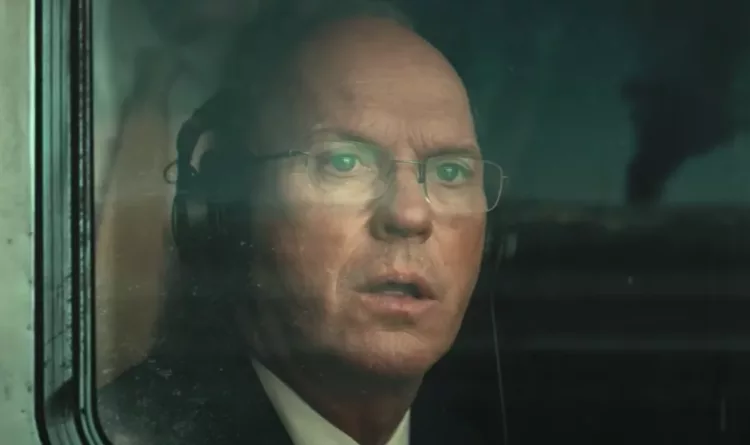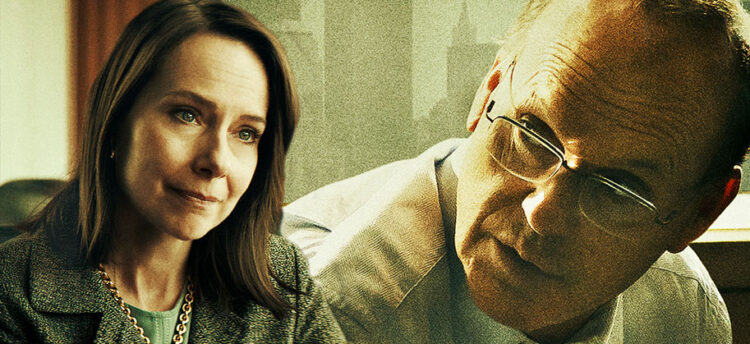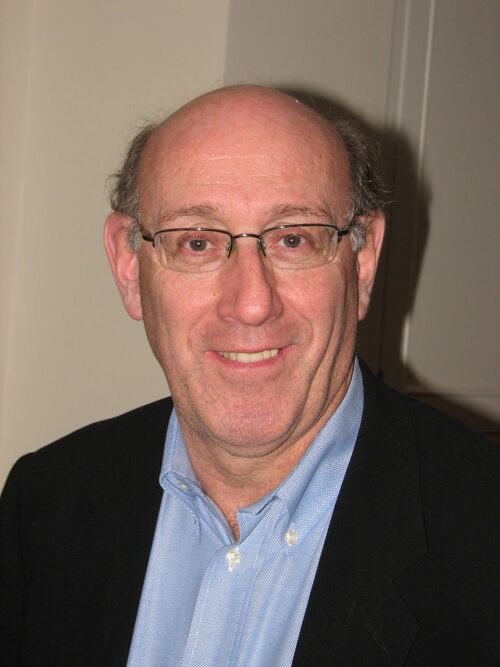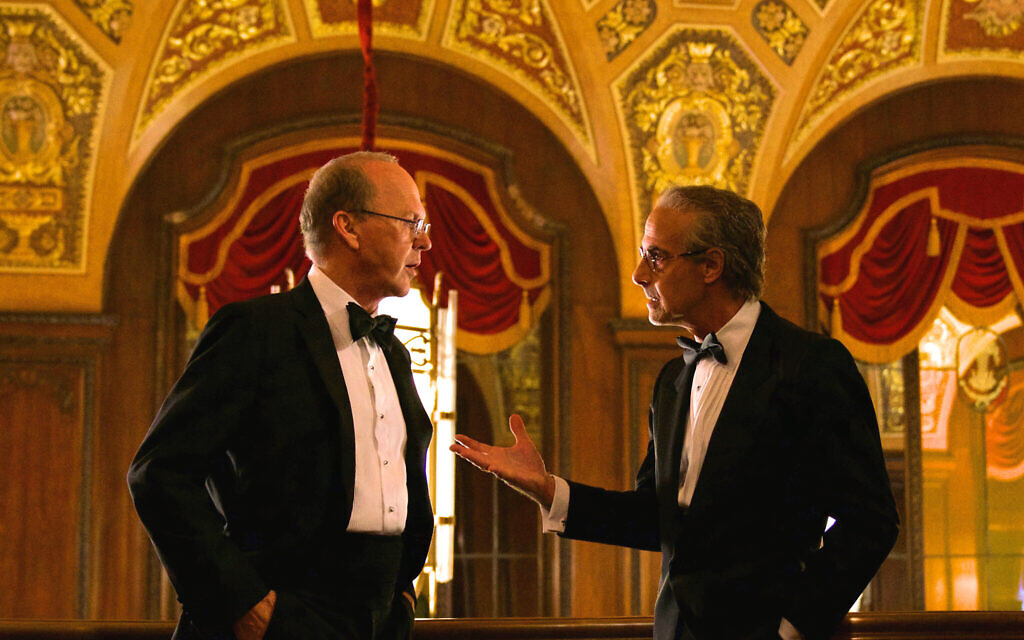Thousands of people were killed or injured when Arab terrorists acting on behalf of Al Qaeda crashed commercial airliners into the World Trade Center in Manhattan on September 11, 2001, a date that will live in infamy.
What were their lives worth in terms of hard, cold cash?
Sarah Colangelo’s generally absorbing Netflix movie, Worth, based on true events, grapples with that devilishly complex question.
In a stellar performance, Michael Keaton plays Kenneth Feinberg, the New York lawyer whose task it was to dole out payments from a federal government fund to the families of the victims. Feinberg, a seasoned mediator, was appointed special master of it by the attorney-general.

Thinking it would be a quick and painless process, he accepted the job on a pro bono basis. But as he delved into the matter and met the wives, husbands, sons and daughters of the deceased, he realized it would be the most complicated and emotionally fraught undertaking of his career.
As the film opens, a mother laments the death of her son. “My beautiful boy was burned alive because of them,” she says in a reference to the terrorists who changed the course of history on that sunny, yet dark day, 20 years ago. “How do you calculate that?”
The responsibility of deciding what each life is worth in dollars and cents fell on Feinberg’s shoulders. Having worked on compensation cases in the past, he was certain that his formula will be sufficient. “Compromise works best,” he said. “Nobody walks away happy.”
U.S. President George W. Bush had a more realistic understanding of what lay ahead, telling Feinberg in a phone call that he wouldn’t wish this job even on his worst enemy.

He and his assistant, Camille (Amy Ryan), have two years and three months to make their calculations and deliver the checks to the cooperative families. Some, of course, opted out of the plan.
In his first and only town hall meeting with the prospective beneficiaries, Feinberg learns that emotions are running high. One man shouts that everyone should be compensated equally, which is not what Feinberg has in mind. And a bigot in the crowd hurls a slur, denigrating him as a “Jew lawyer.”
Feinberg and his team settle on a minimum figure of $200,000, but lawyers representing the families balk. He is clearly affected by a voice recording of a man who will momentarily die in a conflagration of fire and smoke, but he remains convinced that he needs to be impartial if the process is to work.
In a powerful scene, the widow of a fireman lashes out, steadfastly refusing to accept “blood money” from the fund. No money in the world can soothe her pain and anguish.
A new character, Charles Wolf (Stanley Tucci), steps into the picture. Wolf, who lost his wife in the inferno, urges Feinberg to discard his formula and set of rules and adopt a more flexible approach.
Wolf’s plea has an impact on Feinberg, who acknowledges the necessity of devising a new method to deal with the twin towers tragedy and promisesWolf he will do everything conceivable to be helpful.
Keeping faith with his solemn pledge, Feinberg pushes aside preconceived notions, personal animosities and bureaucratic hurdles to make things right.

